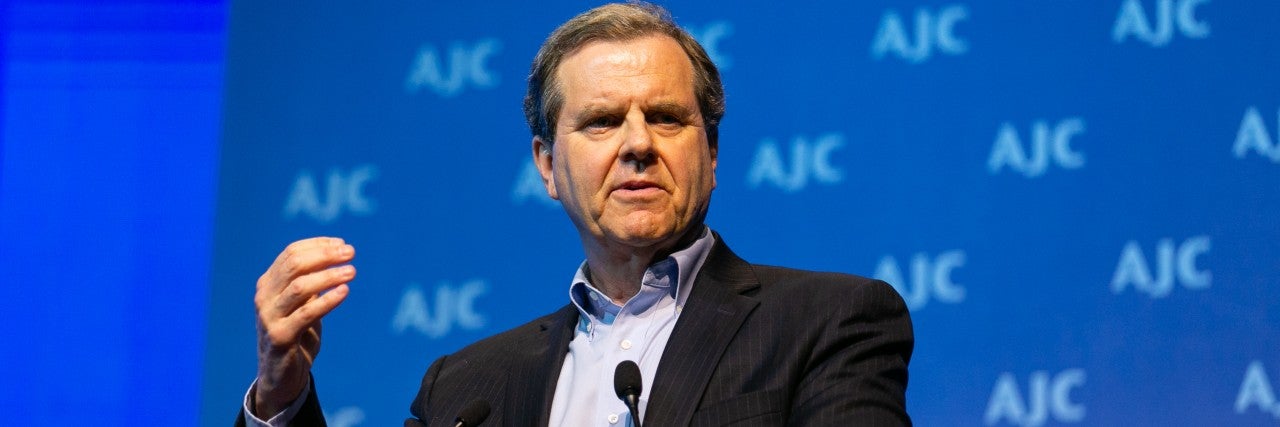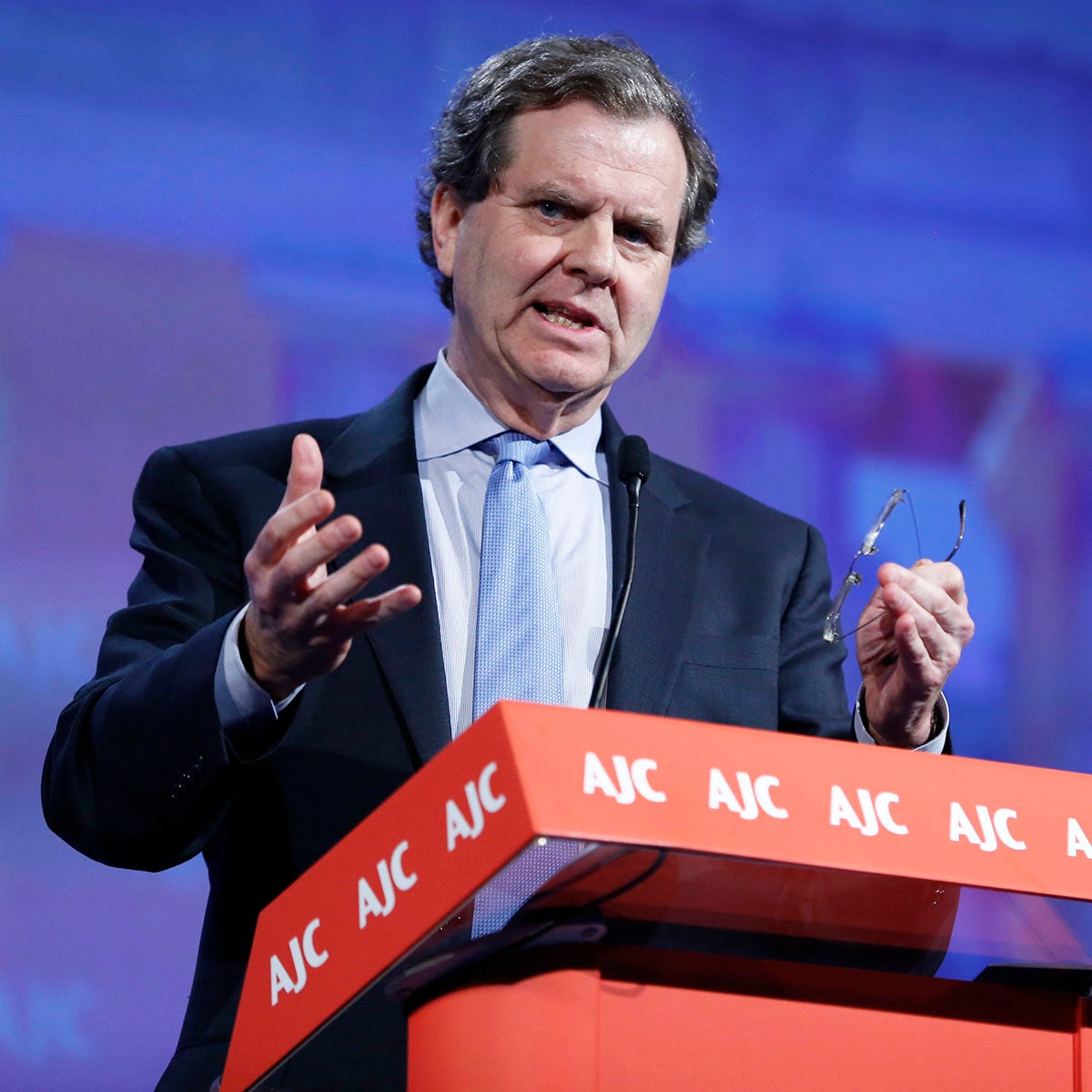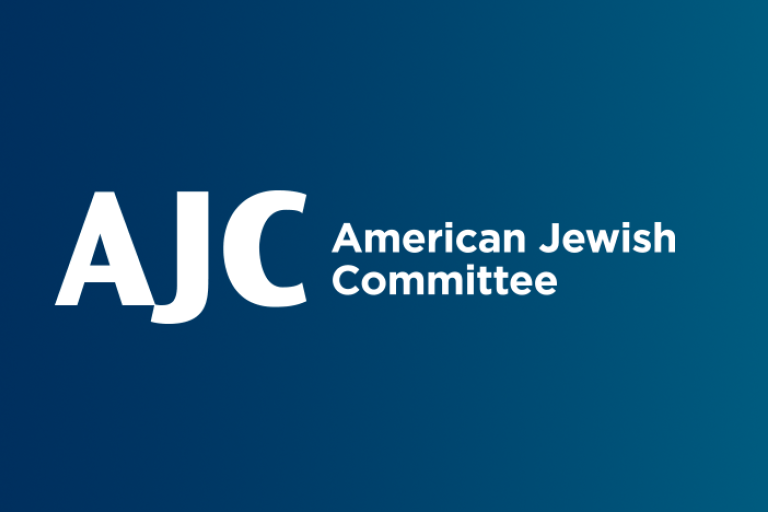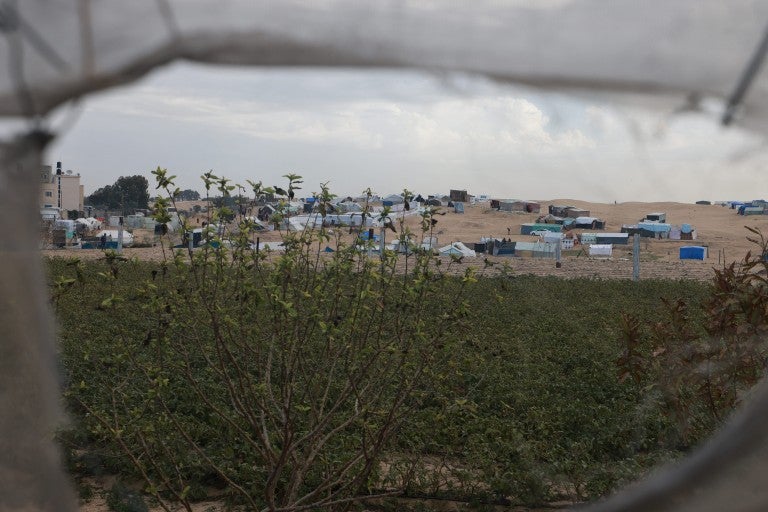November 4, 2020 — Berlin, Germany
This piece originally appeared in German in Die Welt.
In 2019, I became an Austrian citizen. At the naturalization ceremony in New York, I asked the officials for reading material on my responsibilities as a new citizen. They replied that no such material was available. I respectfully suggested it should be prepared and presented to every new Austrian.
Several years earlier, I addressed a meeting of European Commission officials in Brussels regarding questions of immigration, integration, and identity. I urged the audience to look at the relationship between host states and new arrivals as a kind of social contract.
It is a two-way obligation, as I know from my own family experiences. No, it is not just a matter of the state’s responsibility to provide sanctuary, language and vocational training, health care, and temporary shelter, important as these issues obviously are.
It is also a question of the newcomer’s responsibility to understand and respect a nation’s distinctive values, including, in the case of EU member states, the commitment to democracy, gender equality, freedom of — and from —religion, and respect for pluralism.
Yet, it is abundantly clear that those values are not always defended, including in the process of integration, which has gone unevenly in Europe, as evidenced most recently in France and Austria with deadly attacks by Islamist terrorists living in those countries.
What should be done, as Europe faces the stark reality that all is not well, and that the passage of time alone or, for that matter, wishful thinking will not ensure successful integration and reduce violent threats?
First, European countries should unapologetically defend their core democratic values and beliefs, including, in the case of France, laicité, or secularism.
Second, develop ongoing programs to foster a true sense of integration. On a societal level, barriers to full participation must be removed, and any form of discrimination or stigmatization must be fought.
Third, do everything possible to discourage the creation of parallel societies, which only foster multi-generational resentment and a sense of socio-political detachment.
Fourth, confront the fact that the foot soldiers in the jihadist wars may perhaps be driven by poverty or alienation, but the masterminds are driven by ideological zealotry.
Fifth, end foreign funding from hostile sources of religious figures and institutions that teach and preach extremism and violence. In the case of Germany, for example, that might include Iran, Turkey, Qatar, and other Muslim Brotherhood networks.
Sixth, pay closer attention to religious chaplains who visit prisons and offer counseling to inmates. Too often in the past, this has led to a process of recruitment and radicalization.
Seventh, act quicker to ban associations with a terrorist character. It is shameful that the EU created an artificially bifurcated Hezbollah, recognizing only the so-called “military wing” as a terror group. Fortunately, five EU member states — Estonia, Germany, Latvia, Lithuania, and Netherlands — have acted on their own. Will others follow? Meanwhile, France is now taking action against the Grey Wolves, a Turkish-inspired fascist movement. Will others, including the EU itself, do the same? And will Germany finally take action against the Iran-focused Islamic Center of Hamburg?
Eighth, speaking of Turkey, it’s high time to get tougher with President Erdogan’s blatant, and repeated, interference in European affairs, including his efforts to organize and monitor Turkish communities from Austria to Netherlands, from Belgium to Germany.
Ninth, it took the EU too many years to agree on, and then implement, a counter-terrorist program called PNR (Passenger Name Report) that allows the sharing of information about travelers. Some countries saw this is as an infringement of privacy rights, when, in fact, its impetus was driven by urgent security needs. When such decisions take years and years, the consequences in the interim can be fatal.
And tenth, the tools of terrorism today are often cross-border. They involve state and non-state actors, cyberspace, migration, money laundering, organized crime, political penetration, front groups and companies, abuse of legal systems, etc.
The more Europe shares information and best practices within its borders, and also with other likeminded nations, including the United States, Israel, and moderate Arab countries, the more likely success will result in thwarting recruitment and attacks, and strengthening preparedness and national resilience.
Europe, including France and Austria, is not new to jihadist dangers. The most recent deadly attacks in Paris, Nice, and Vienna are another painful reminder that the threat is real, no country is immune, and, alas, there are no quick, overnight fixes.
David Harris is CEO of American Jewish Committee (AJC). Follow him on Twitter @DavidHarridAJC.



